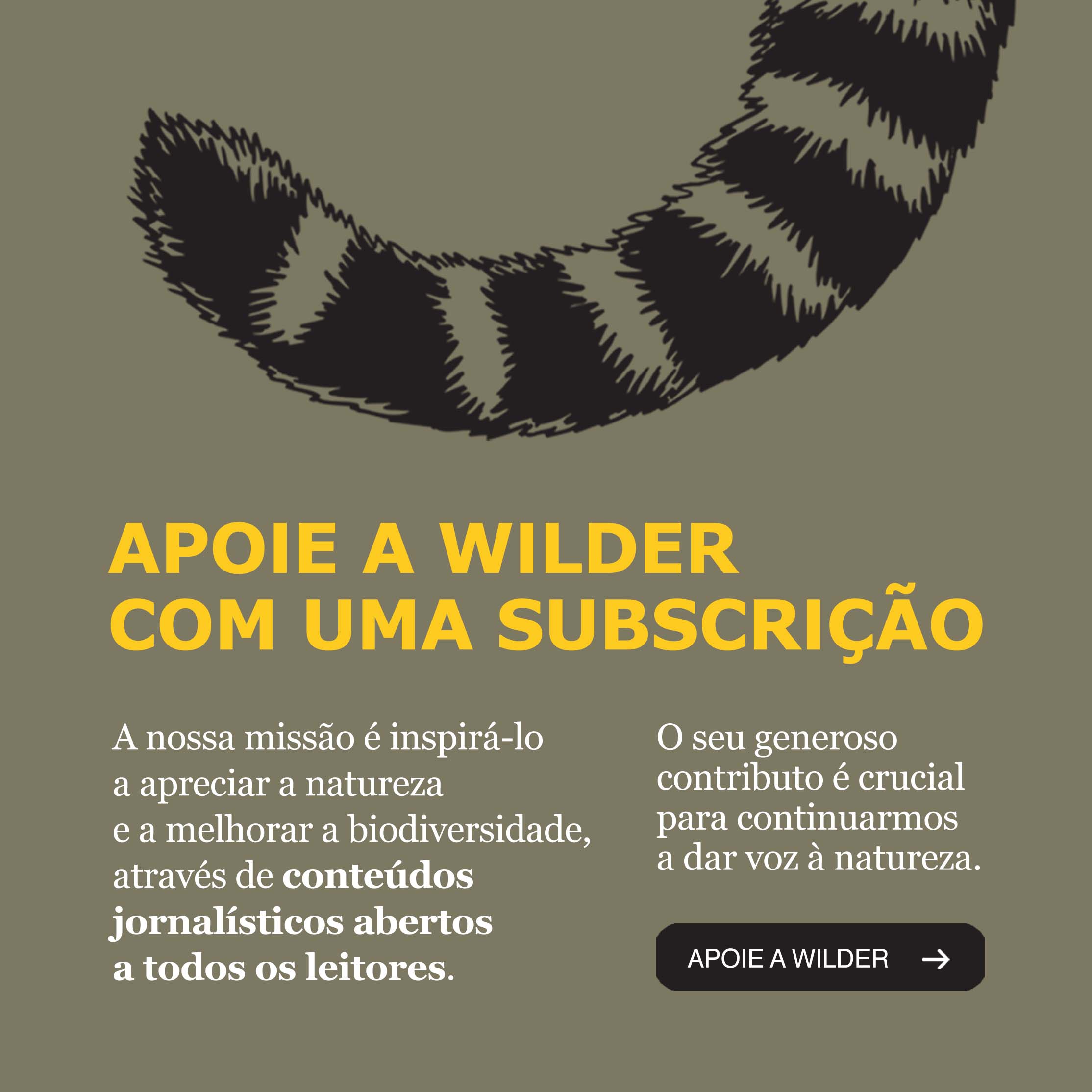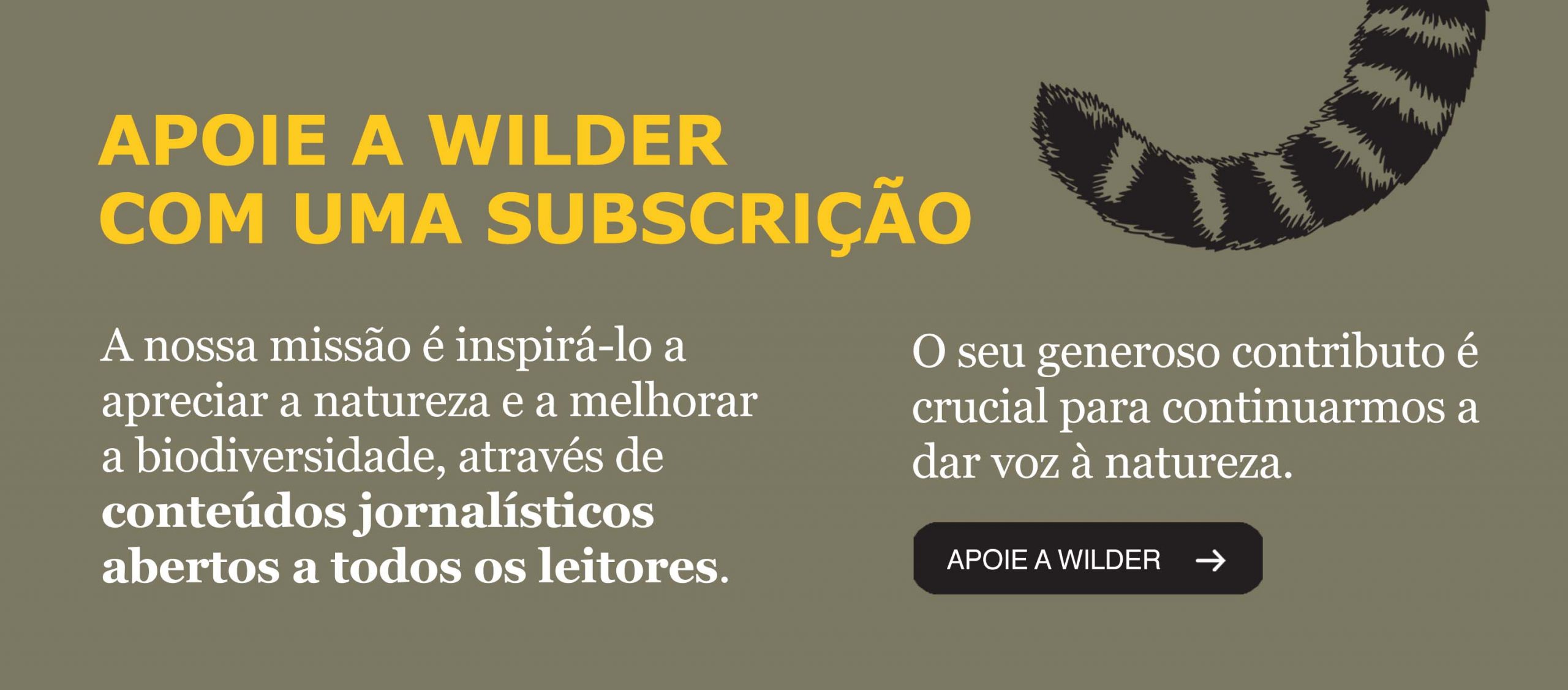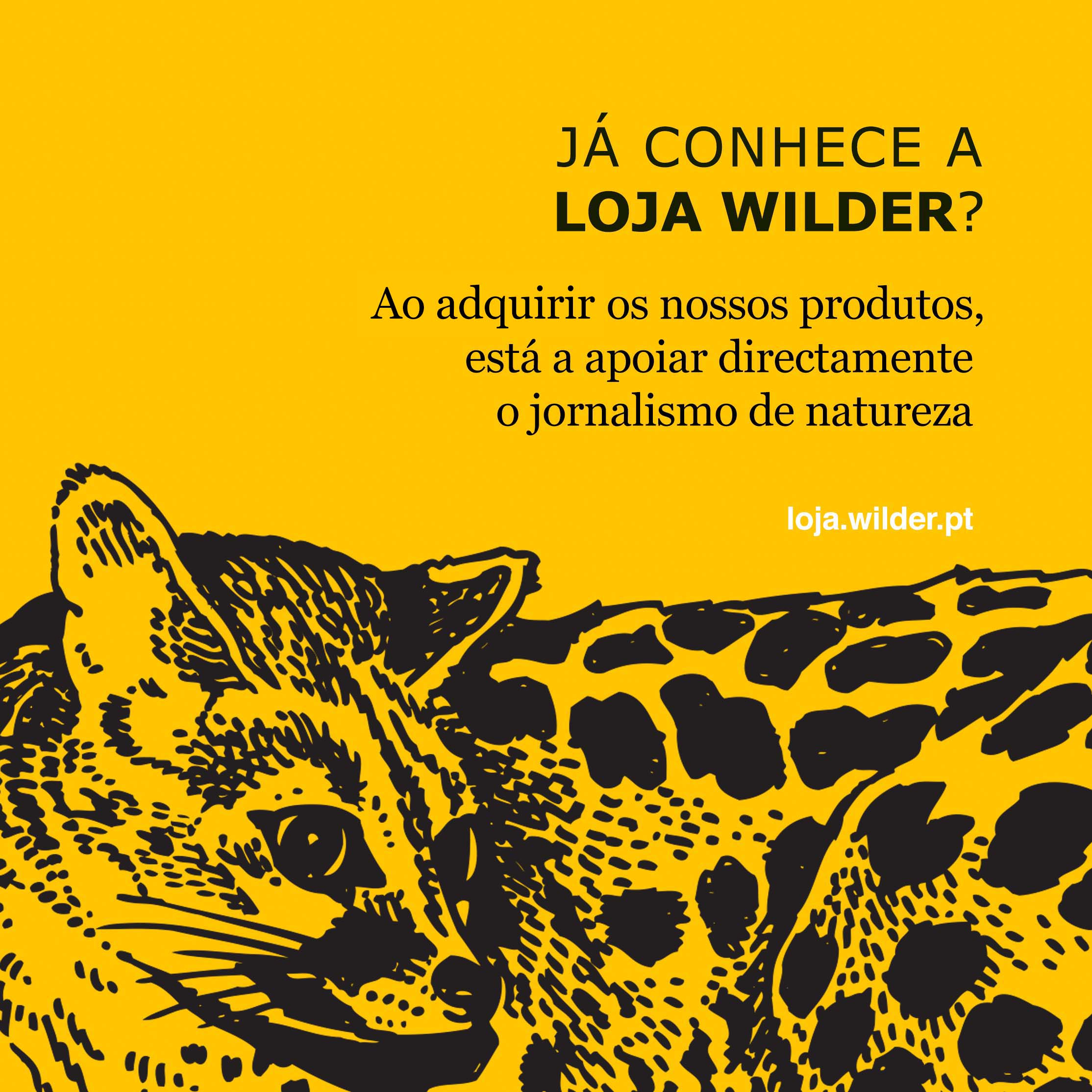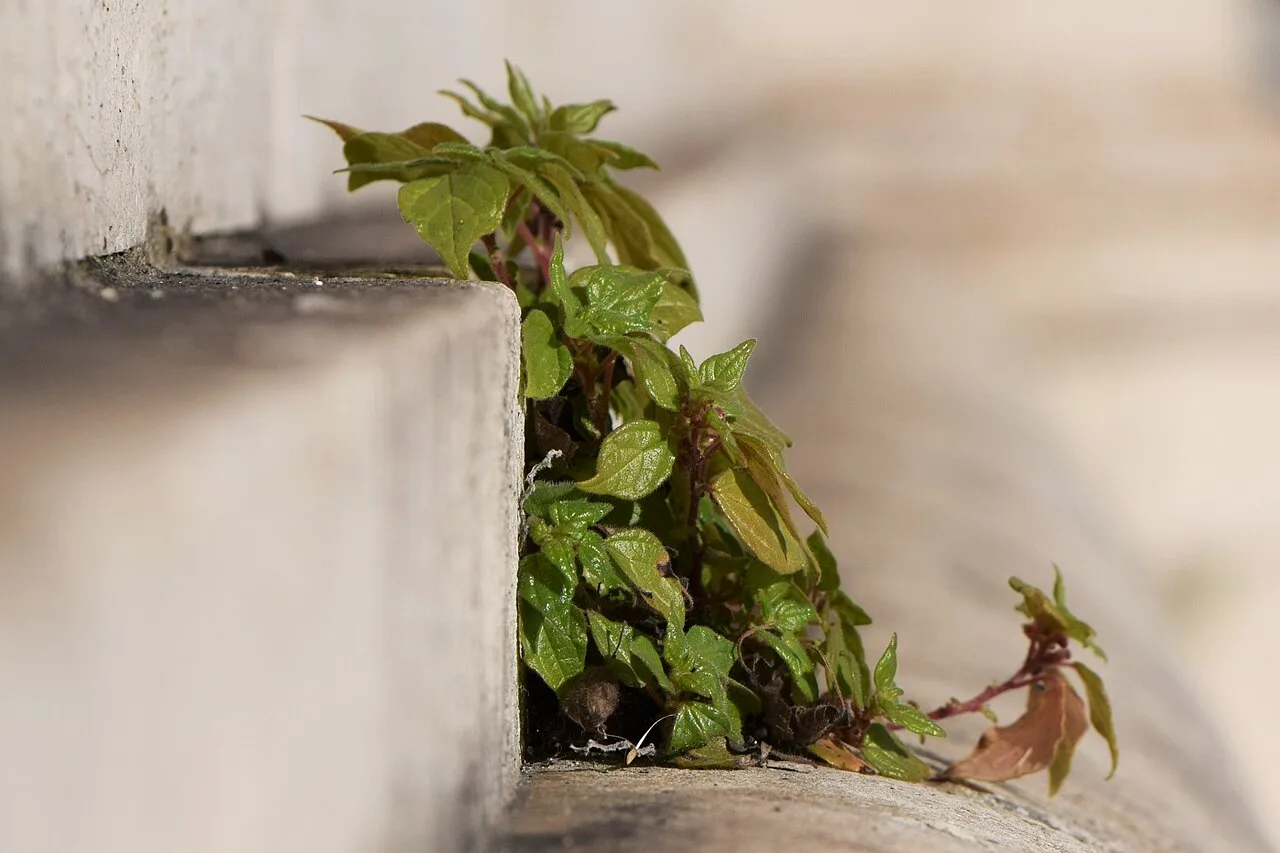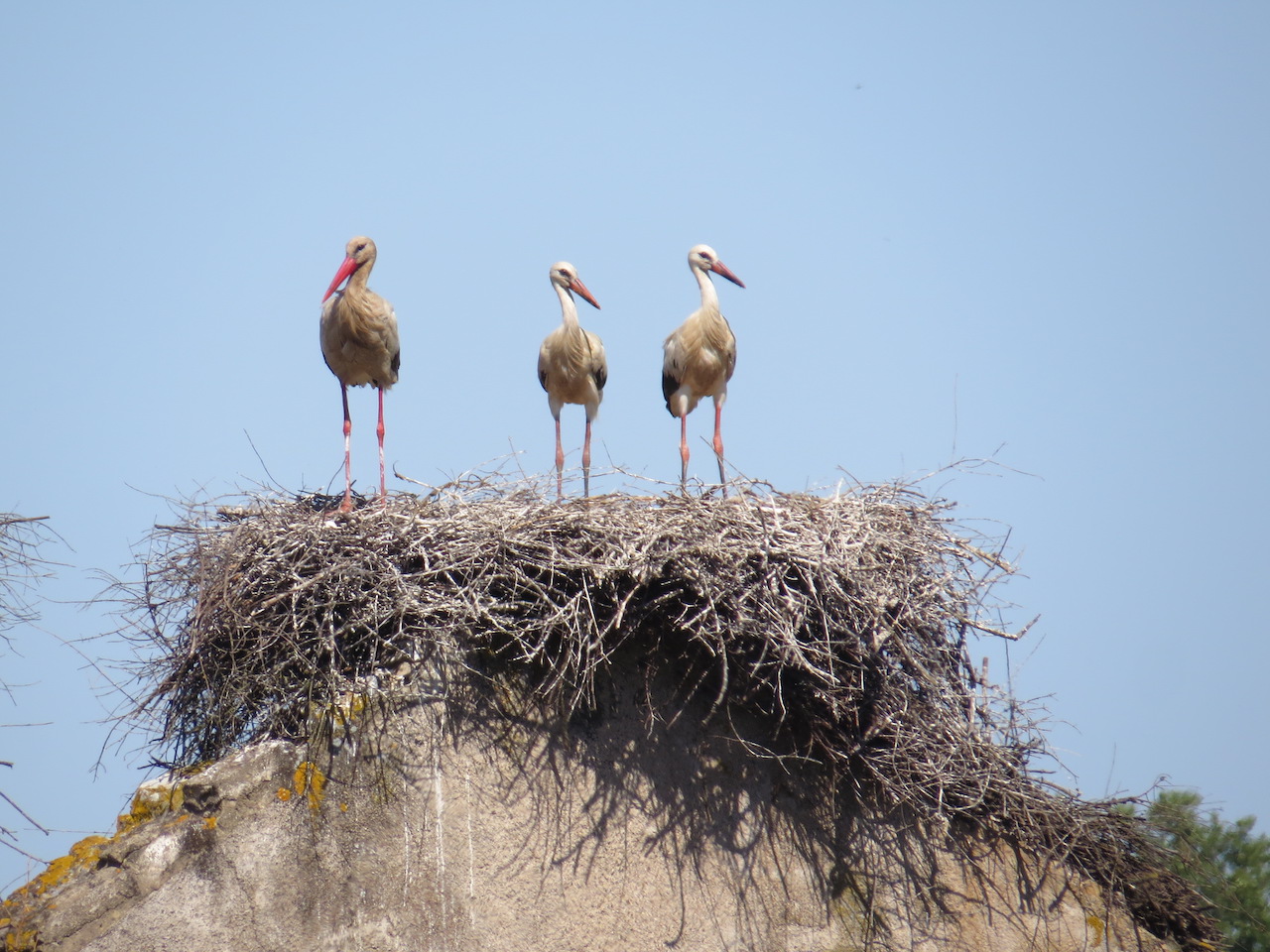A group of marine biologists decided to fight plastic in the oceans, a threat for sealife. Straw Patrol started this year in Algarve, visiting schools and cleaning beaches. Wilder talked with the founder and mentor of the project, Carla Lourenço, to introduce you Straw Patrol.
“The idea of creating Straw Patrol emerged last summer, thanks to a viral video of a turtle being rescued in Costa Rica that made me look into the problem of marine debris”, says Carla Lourenço, who is finishing PhD in Marine Biology in Rhodes University, in Grahamstown, South Africa. At the moment, she is working at the Centre of Marine Sciences (CCMAR), in Gambelas Campus, Algarve University (UAlg).
The video shows the turtle’s suffering while marine biologists try to remove a plastic straw, stuck in a nostril. “We are talking about straws used for just a few minutes but which often end up in the oceans, endangering the lives of many living beings, like this turtle”, says Carla.
The inaugural seminar of the project took place in February, at Colégio Nossa Senhora da Graça, in Vila Nova de Milfontes. Since then, Straw Patrol has been visiting some schools to talk about the excessive use of disposable plastics, like straws, and to explain to what extent sea life is affected.
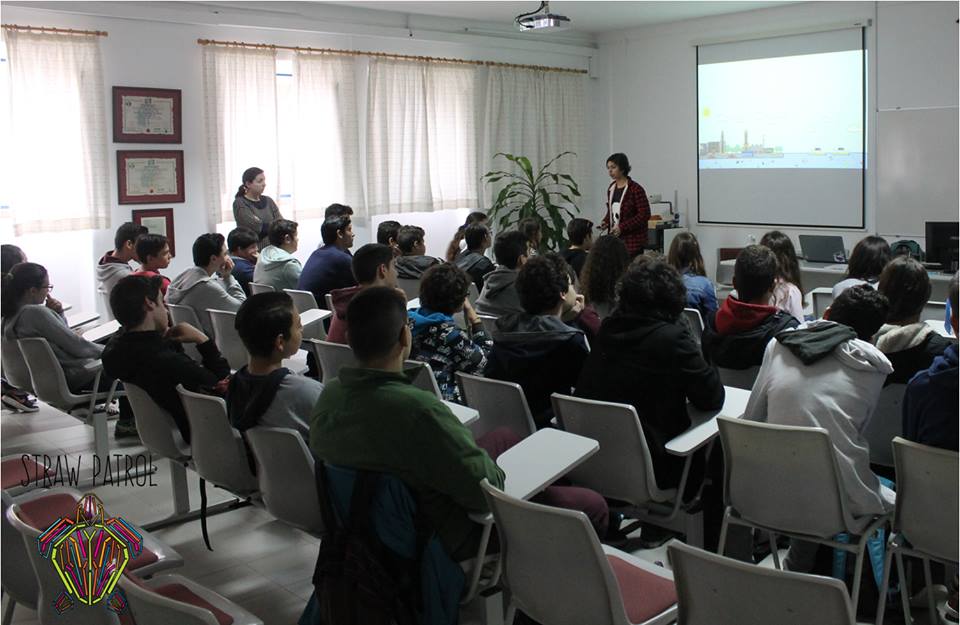
Carla Lourenço underlines that students and teachers were very receptive and interested because they have the chance to apply a lot of information in subjects like Science. “At the beginning of the school year 2016-2017, the aim is visiting more elementary and high schools”, adds the mentor of Straw Patrol.
In addition to lectures in schools, Straw Patrol organizes beach cleaning actions. So far beach clean-ups have taken place in Faro, in Armona’s Island and in Vila Nova de Milfontes, with the collaboration of students and the community in general.
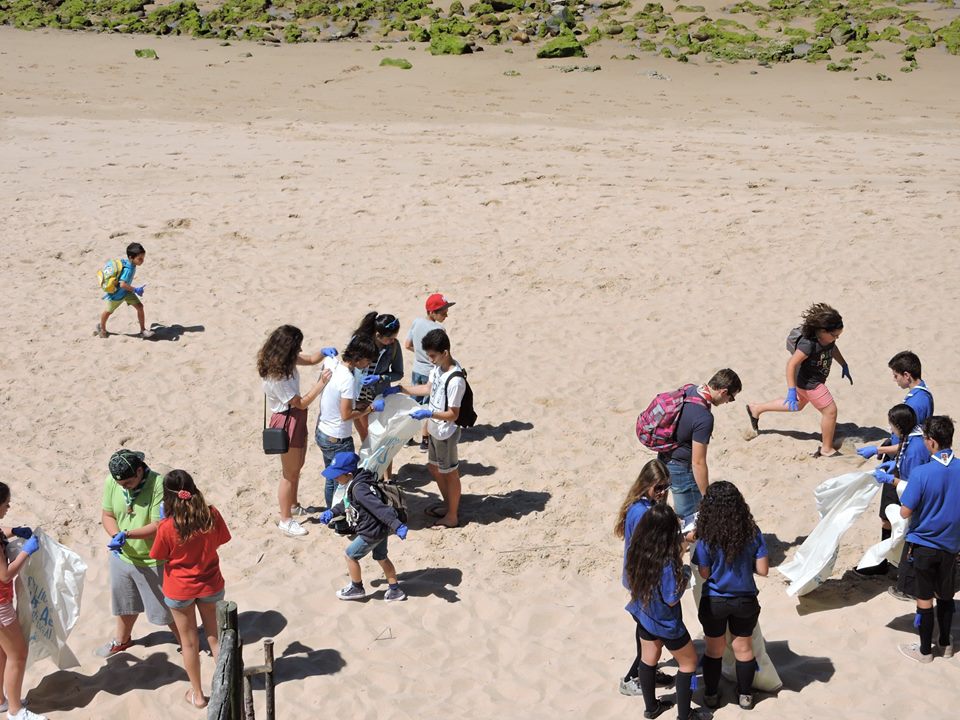
Carla Lourenço tells us that 80% of the waste found on beaches comes from land and between 60% and 80% is plastic. “Straws are a particular concern because, as few people might know, they are not recyclable”, highlight.
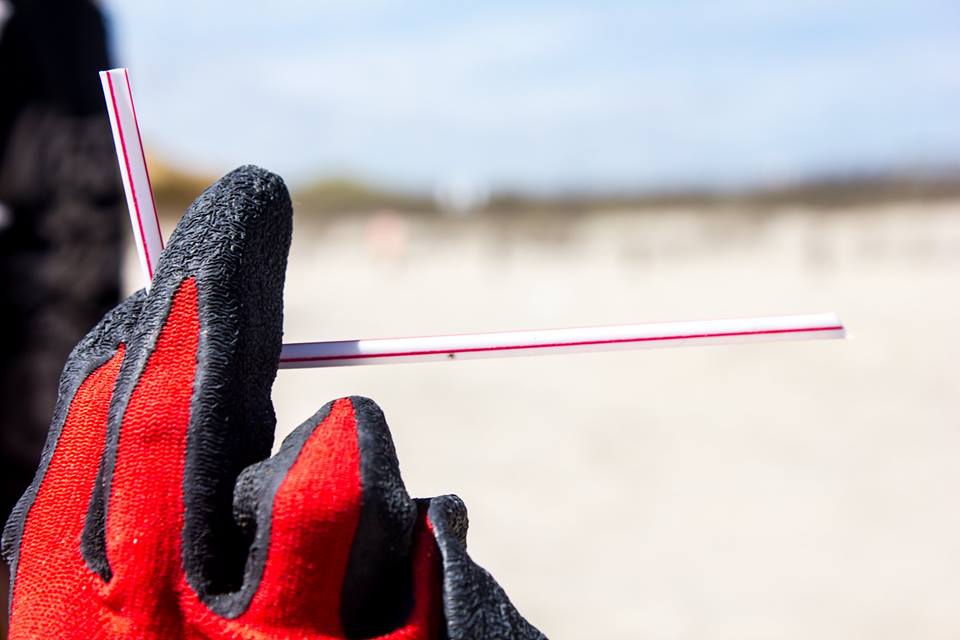
Therefore, Straw Patrol wants to focus on raising awareness at cafes, bars and restaurants. “Instead of commercial establishments having straws in a glass, available to customers, or already serving drinks with straws, the goal is using them only if people ask”, explains.
The idea of Straw Patrol is to award cafes, bars and restaurants that adhere to the project with a sticker and publicizing such establishments on their Facebook page. Thus, they would be identified and recognized as “establishments that are changing the world”. “Of course this is not a certification, but it turns out to be an indication that this establishment is committed to reduce the consumption of straws,” says Carla Lourenço.
The Straw Patrol’s team involve six marine biologists. Four of them work full-time – in Algarve, Carla Lourenço, with the support of the research group that she integrates – Bionept – which is led by Katy Nicastro and Gerardo Zardi and in Lisbon, Lia Laporta – and two volunteers, students of Master’s degree in Marine Biology in UAlg, Rita Rodrigues and Filipe Parreira.
The volunteers are mainly seasonal. “We try to promote citizen science, involving the general public, but we haven’t made a broad search of volunteers yet. So, our volunteering has been more seasonal”, clarifies Carla Lourenço.

She emphasizes that people interested in getting involved in the project are always welcomed.
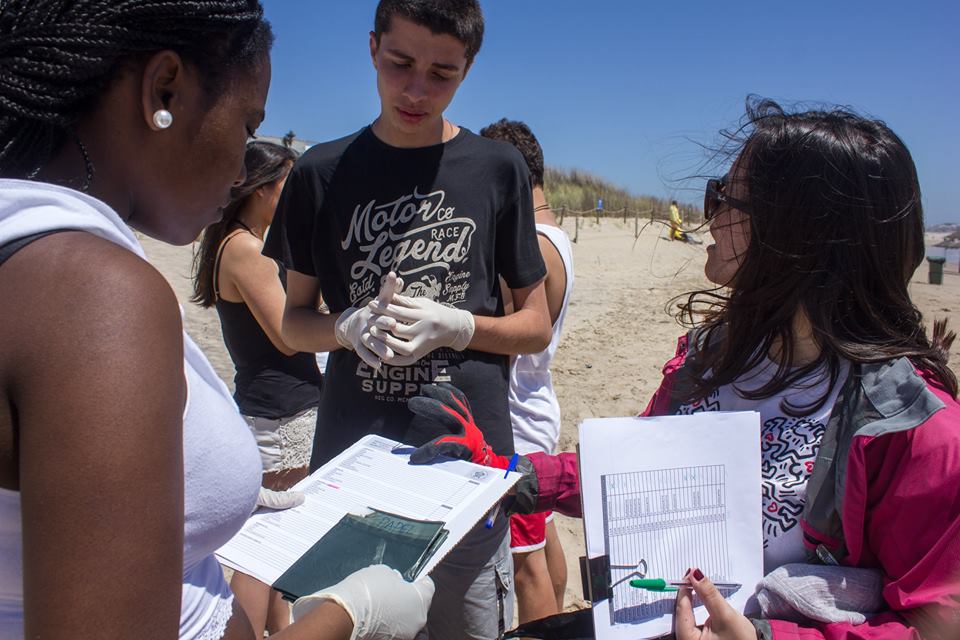
This was the case of Lia Laporta. “Lia, who was my master’s colleague, wanted to join the team and took the Straw Patrol to Costa da Caparica.” Now, the Environmental Engineering PhD student at the Instituto Superior Técnico, University of Lisbon, Lia Laporta, has already promoted not only lectures about marine litter, but also cleaning activities with students from Monte de Caparica High School. Her motto is: “More milk moustaches and less straws in the world.”

The 1st Portuguese Conference on Marine Debris (from 15th to 17th of September) at the Faculty of Sciences of Lisbon (FCUL) is in the Straw Patrol’s agenda. This conference, organized by the Portuguese Association of Marine Debris (APLM), is scheduled and submissions are open.

